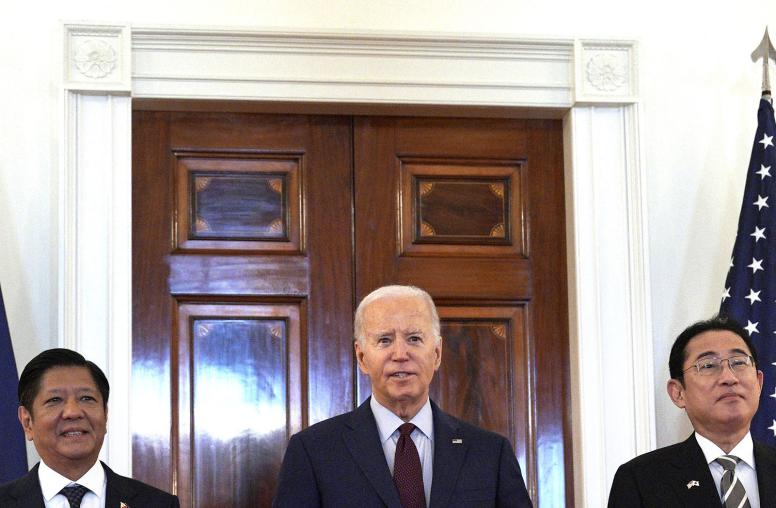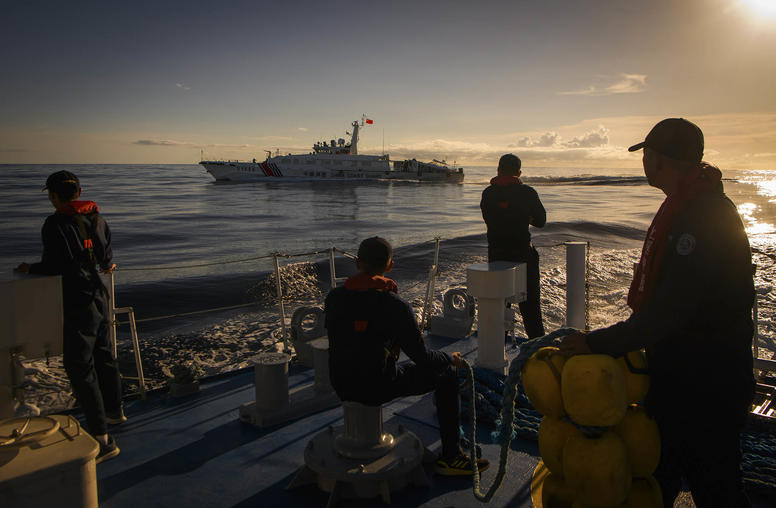Reconciliation in the Asia-Pacific
History has left many scars in the Asia-Pacific. Injuries inflicted generations ago are still fresh in the collective memories of the peoples of the region, hobbling efforts to repair relationships between old adversaries. But recently the spirit of reconciliation seems to have acquired new life. From Korea to Japan to China, longtime enemies are trading apologies and looking ahead.
In this remarkably timely volume, Yoichi Funabashi, one of Japan's most influential journalists, and seven authors from throughout the Asia-Pacific shine the spotlight on the prospects for reconciliation in the region. Looking at instances of inter-ethnic as well as international strife, this book lays out the background to each case, analyzes the impact of unresolved and sometimes unacknowledged grievances, and weighs the prospects for overcoming the burden of history.
Not all the cases inspire optimism, at least in the short term, for bitter memories have burrowed deep into society and are intertwined with issues of political power and ethnic identity. But in some parts of the region, palpable progress toward reconciliation is being made. In his conclusion, Funabashi identifies the key steps that governments and publics must take if they are to come to terms with the past.
About the Editor
Yoichi Funabashi is chief diplomatic correspondent and columnist for the Asahi Shimbun newspaper. He has been a Nieman fellow at Harvard University and a Ushiba fellow at the Institute for International Economics. His previous books include Managing the Dollar: From the Plaza to the Louvre, Asia Pacific Fusion: Japan's Role in APEC, and Alliance Adrift.



